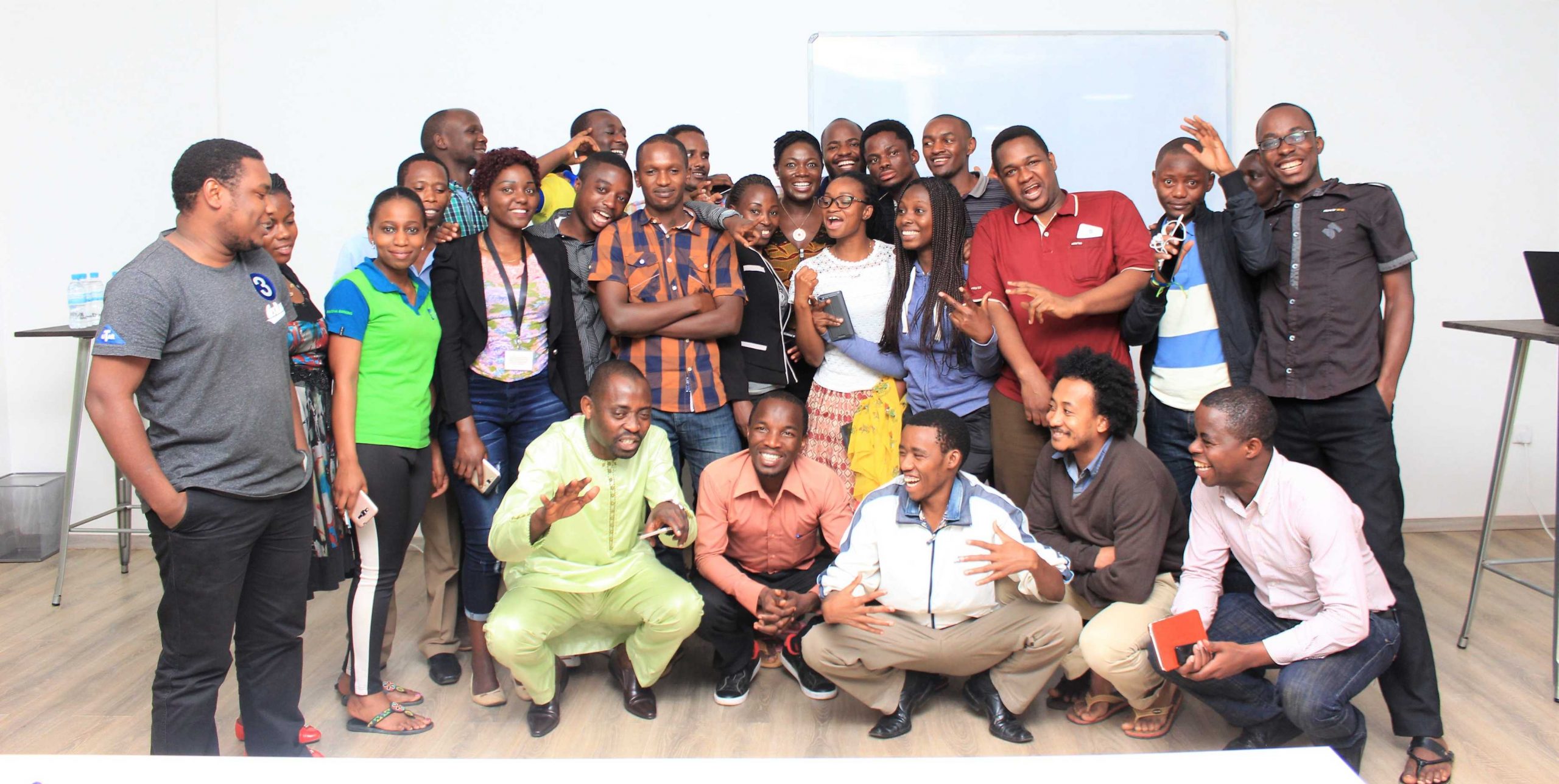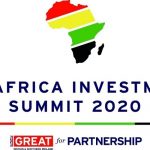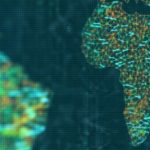What do you talk about when you meet a class of post-graduate mathematical science students? That was the question that played on my mind when I was invited to spend an evening with the students at the African Institute of Mathematical Sciences (AIMS) in Rwanda.
This was a class of extremely intelligent young Africans from across the continent. I asked them, men and women, to name their countries and I heard Madagascar, Burundi, Rwanda, Ghana, DRC, Nigeria, Sudan and many more. Looking at them, I thought about all the times I have heard ‘there is no talent in Africa’ and said to myself ‘this is talent in Africa’!
 These young people are spending a year together studying Mathematical Sciences with instruction from the very best minds across the globe. These same young people are pivotal to the development of Africa. You see, if we are to solve the continent’s problems we need to analyze and understand the root causes of problems. With an understanding of root causes we need to overlay trends to predict possible future outcomes. Our solutions must be modeled into scenarios that we can base our plans on. Only then can we make truly systemic changes.
These young people are spending a year together studying Mathematical Sciences with instruction from the very best minds across the globe. These same young people are pivotal to the development of Africa. You see, if we are to solve the continent’s problems we need to analyze and understand the root causes of problems. With an understanding of root causes we need to overlay trends to predict possible future outcomes. Our solutions must be modeled into scenarios that we can base our plans on. Only then can we make truly systemic changes.
For instance, to address a shortage of hospital beds, we need to model demand and predict the impact of demographic changes on demand. We need to provide predictions of demand that hospitals can plan with and invest to provide the right supply.
If we want to grow a particular industry, we need to know the proportion of various skills needed and work our way back to schools to ascertain whether enough people are being trained in the relevant fields.
If we are to feed our nations, we need to accurately predict and plan for how many people need to be fed, where they are and how seasonality will affect demand so we plan to improve supply.
To accurately licence industries we need mathematical economic models that show the limits of healthy competition.
I could go on.
“The point is we need mathematicians. Yet across Africa we continue to produce a paltry number of mathematicians. We continue to discourage our children by saying that mathematics is too difficult. To study science, technology and engineering they need mathematics. Why do we discourage them so young?”
At AIMS Rwanda I was in the midst of academic greatness and I was by no means prepared to put myself to test. So I settled on a discussion where I could add to their journey.
How would they use their superior intellect to create future prosperity in Africa? That was the focus of our discussion.

It was an intense passionate debate. Like many of our young people, some expressed frustration that leadership on the continent was not playing its role in reshaping the future. That opportunities were not being created. That cronyism persists and some, quite frankly, felt powerless.
There were those who were hopeful. That by changing mindsets we will be able to create prosperity. That we can work together to create the Africa that we want to see. There was no better demonstration of this than right there in Kigali, Rwanda, where the notion of homegrown talent creating prosperity is being put to the test.
 I learnt something that night. Yes, formal education remains an imperative. Allowing our young people, our future
I learnt something that night. Yes, formal education remains an imperative. Allowing our young people, our future
hope, to become self-actualized academically is important. We must also create room for them. Free their mindsets by changing the narrative they hear. Help them to use their talent to achieve the good they know is possible. Above all, be participants in their success by believing in them and cheering them on.
I left these students feeling encouraged about the future of Africa. I knew I had just encountered greatness because I had spent an evening with the Next Einstein’s of the world from Africa!
To learn more about the work AIMS is doing across Africa, please visit www.nexteinstein.org
Signed,
Lucy Quist








Leave a Reply